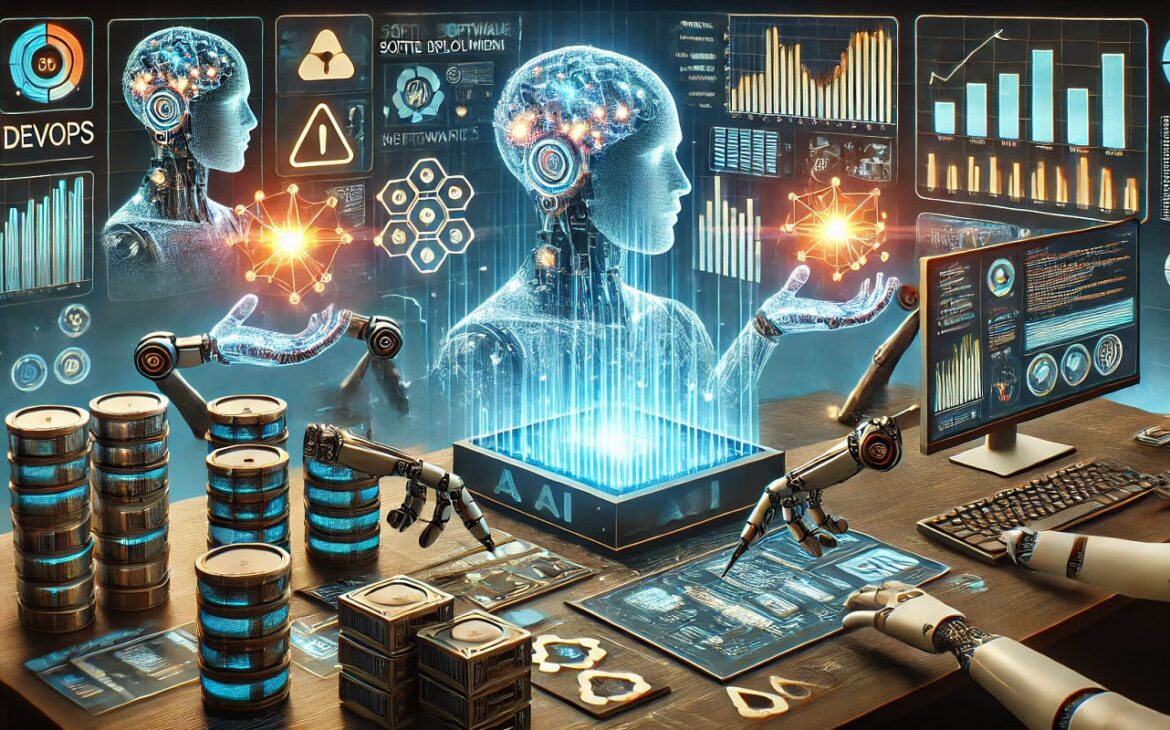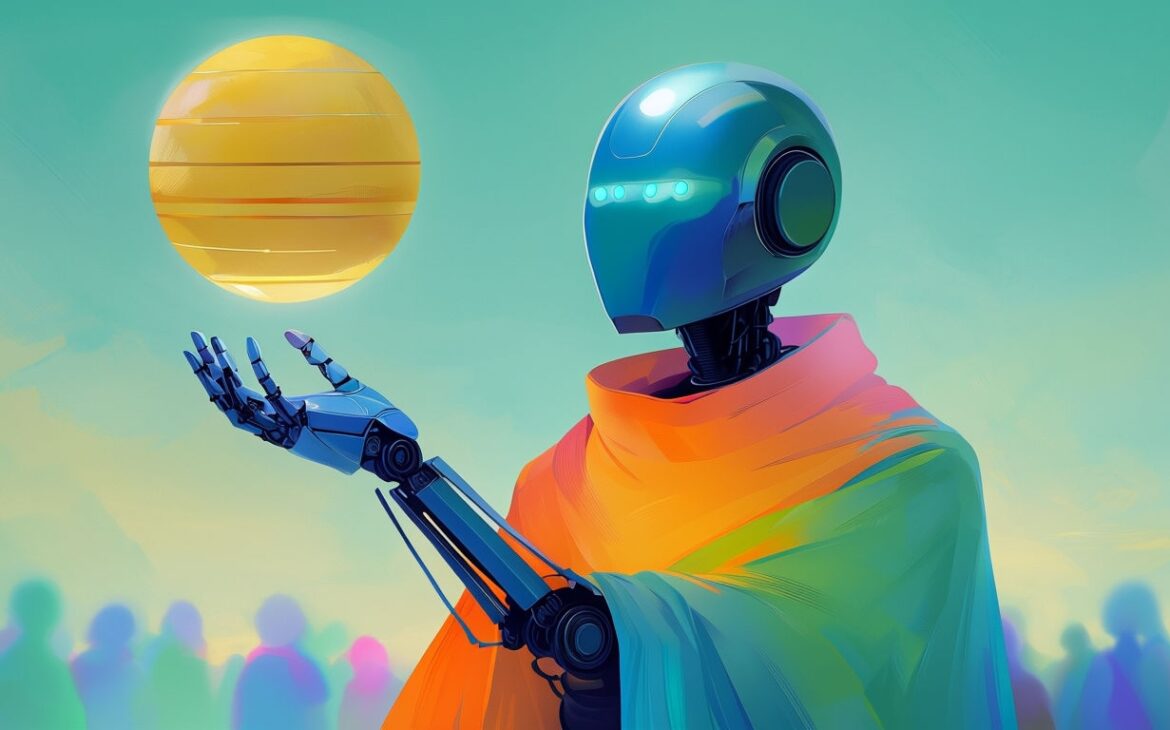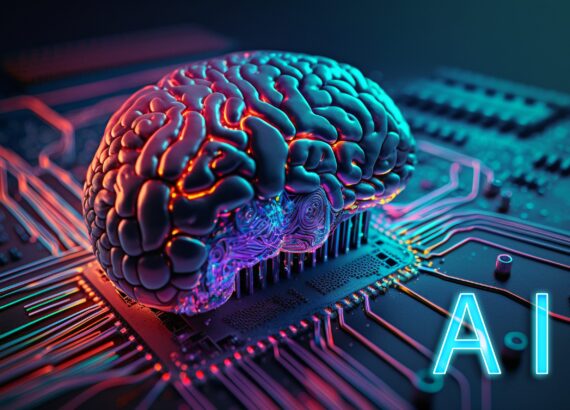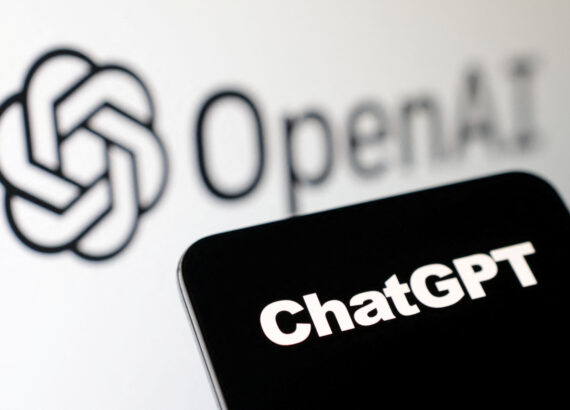Artificial Intelligence (AI) is no longer a futuristic concept — it’s the reality shaping our world today. From chatbots to self-driving cars, AI is transforming industries, economies, and even the way we think about human potential. As we move through 2025, this technology is evolving faster than any innovation before it, offering incredible opportunities while posing serious ethical and social challenges.
1. The Rise of Artificial Intelligence: Opportunities and Challenges
The rise of AI marks one of the most defining shifts of our time. With more than 378 million active users worldwide and 78% of organisations integrating AI in at least one area of their business, it’s clear that the technology is here to stay.
The AI market, currently valued at $391 billion, is expected to surge past $1.8 trillion by 2030. Healthcare, finance, and education are leading the adoption wave, using AI to automate workflows, detect diseases earlier, and make smarter financial predictions.
But alongside progress comes disruption. Job displacement, data privacy issues, and the ethical use of machine intelligence are legitimate concerns. What excites me, though, is how these challenges are pushing us to rethink work, governance, and responsibility in the digital age. The question isn’t whether AI will change the world — it already has. The real challenge is ensuring that it changes for the better.
2. Artificial Intelligence: Making Concepts a Reality
AI has turned imagination into function. What once seemed like science fiction — computers that see, speak, and make decisions — is now part of everyday life.
Think about how recommendation systems tailor your shopping, or how virtual assistants can schedule meetings, answer emails, or even detect emotional tone. AI-driven tools are making healthcare faster, education more personalised, and agriculture more precise.
In my view, what’s most impressive is not just AI’s technical power but its democratizing impact. Startups and individuals now have access to tools that were once limited to big corporations and research labs. That accessibility is fueling a wave of creativity that’s changing how we learn, create, and connect.

3. AI vs. Human Intelligence
Comparing AI and human intelligence is like comparing a calculator to a philosopher. Each has strengths, but they serve very different purposes.
AI thrives on speed, accuracy, and scale. It can process terabytes of data in seconds, recognise patterns invisible to the human eye, and automate repetitive tasks flawlessly. However, it lacks emotion, intuition, and moral understanding — the core of human intelligence.
Humans bring empathy, creativity, and ethical judgment — qualities that machines can’t replicate. AI can write poetry, but it doesn’t feel the emotion behind it. It can diagnose an illness, but it can’t hold your hand while doing so.
I believe the smartest future isn’t one where AI replaces us, but one where it amplifies our humanity. When machines handle the technical, we get more time to focus on the meaningful — the creative, emotional, and strategic parts of life that make us truly human.

4. How AI Is Changing Our World
By 2025, AI will be deeply embedded in daily life. Autonomous cars are becoming mainstream, AI-driven diagnostics are saving lives, and intelligent systems are shaping financial markets and consumer behaviour.
Businesses are more efficient, governments are using AI for smarter policy-making, and education is evolving through personalised learning systems. The technology is even helping to tackle big global issues — from climate change modelling to sustainable farming.
But let’s be honest: AI’s growth isn’t painless. Automation will disrupt traditional jobs, and not everyone will benefit equally. That’s why I think reskilling and ethical oversight are just as important as innovation itself. Progress without inclusion only deepens inequality — and that’s a challenge no algorithm can fix.
5. AI: The Driving Force Behind a Smarter Future
AI isn’t just making us faster or richer — it’s making us smarter. By combining data-driven insight with human decision-making, AI could add $4.4 trillion to the global economy and redefine how we solve problems.
Emerging technologies like quantum AI, generative AI, and multimodal systems are expanding what’s possible. They’re driving breakthroughs in healthcare, sustainability, and creative industries.
But for me, what defines a truly “smart” future isn’t how advanced our technology becomes — it’s how responsibly we use it. The companies that succeed won’t just be the most innovative; they’ll be the ones that pair progress with ethics, transparency, and empathy.
Conclusion
Artificial Intelligence has already transformed our world, but its real potential lies in how we choose to integrate it into our lives. The next decade will be about balance — between automation and employment, innovation and privacy, efficiency and empathy.
AI can process data faster than any human, but only we can give meaning to what that data reveals. The future belongs to those who can merge machine precision with human wisdom.
If we get that balance right, AI won’t just make the world smarter — it will make it more human.
For more such amazing updates, follow Nextr Technology!
Thank you for reading
Buy Web Hosting at an affordable price: Buy Now.
If you want to build your website at an affordable price, contact www.nextr.in
Read this: How AI is Changing Education


















